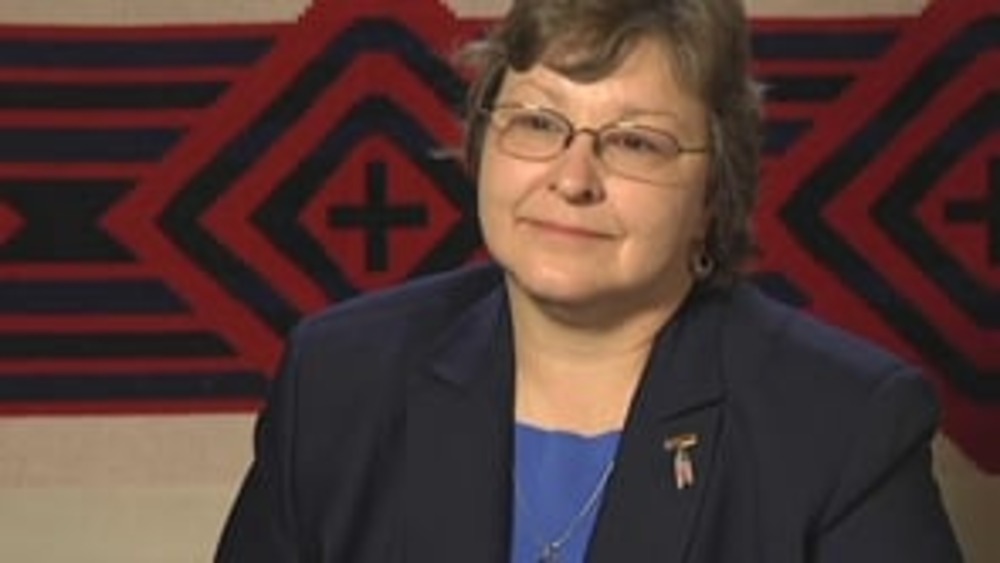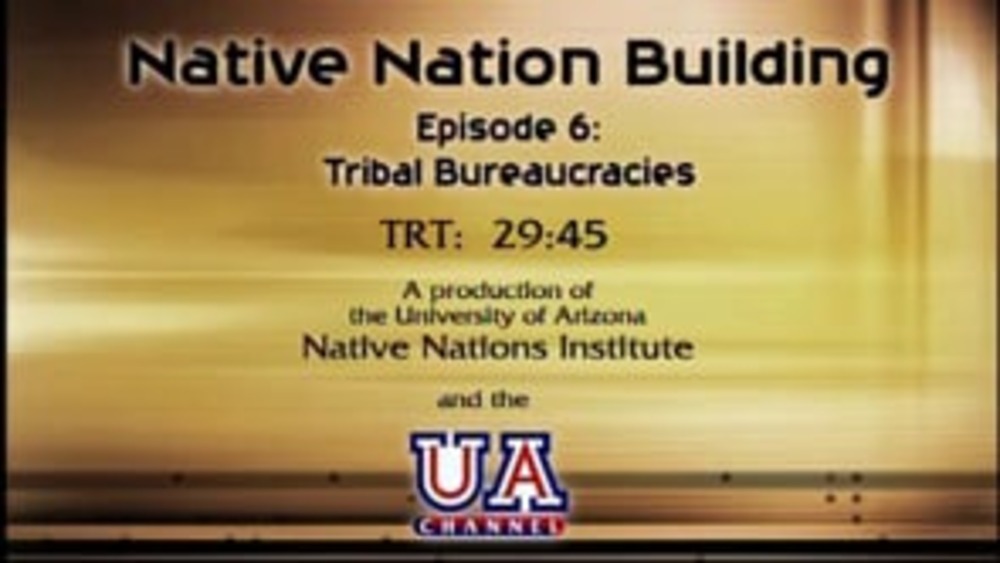Harvard Project on American Indian Economic Development Co-Director Joseph P. Kalt presents on the Native nation-building renaissance taking root across in Indian Country, and shares some stories of success.
Additional Information
Kalt, Joseph P. "The Nation-Building Renaissance in Indian Country: Keys to Success." Tribal Leaders Summit. Bush Foundation. Prior Lake, Minnesota. October 2, 2009. Presentation. (https://vimeo.com/14858844, accessed August 1, 2023)


